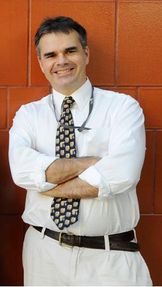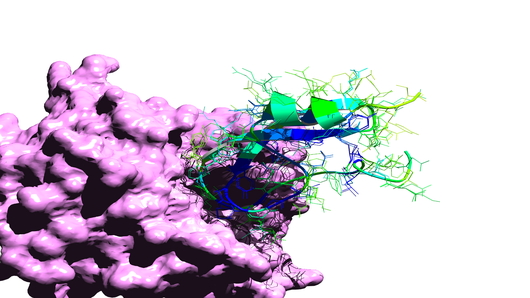20.09. – Guest lecture: New Kunitz inhibitors from bioprospecting and rational design

Prof. Jonathan A. Harris is Leader of the Molecular Simulation Group at the Queensland University of Technology, Brisbane, Australia.
Abstract:
The Kunitz domain is a marvel of robust evolutionary design, which has been co-opted to a variety of biochemical tasks including acting as a ion channel blocker and defensive toxin in addition to its canonical role as a serine protease inhibitor. This functional diversity has driven numerous investigations into the domain’s structure/function characteristics and its ability to block physiologically critical serine proteases has made it a favorite target of molecular design practitioners and drug design labs. Despite this attention, there are relatively few Kunitz domain reagents in clinical use. The most prominent examples being the use of Bovine Pancreatic Trypsin Inhibitor (BPTI) for control of blood loss during major surgery and Ecallantide, a recombinant variant of human Tissue Factor Pathway Inhibitor (TFPI) used in control of hereditary angioedema. This paucity of successful clinical variants may stem from the difficulties inherent in engineering a small protein as opposed to a small molecule as is the common task of drug design. When engineering proteins, even small changes to a binding interface can have broad range implications for protein folding and stability. To overcome these obstacles we have carried out a bioprospecting study of the anthozoan Actinia Tenebrosa to use evolution to solve issues of protein stability and variant generation. We then applied this information to human Kunitz domains to redirect their inhibitory potency and expressed the resulting variants at high levels in the yeast Pichia pastoris.





